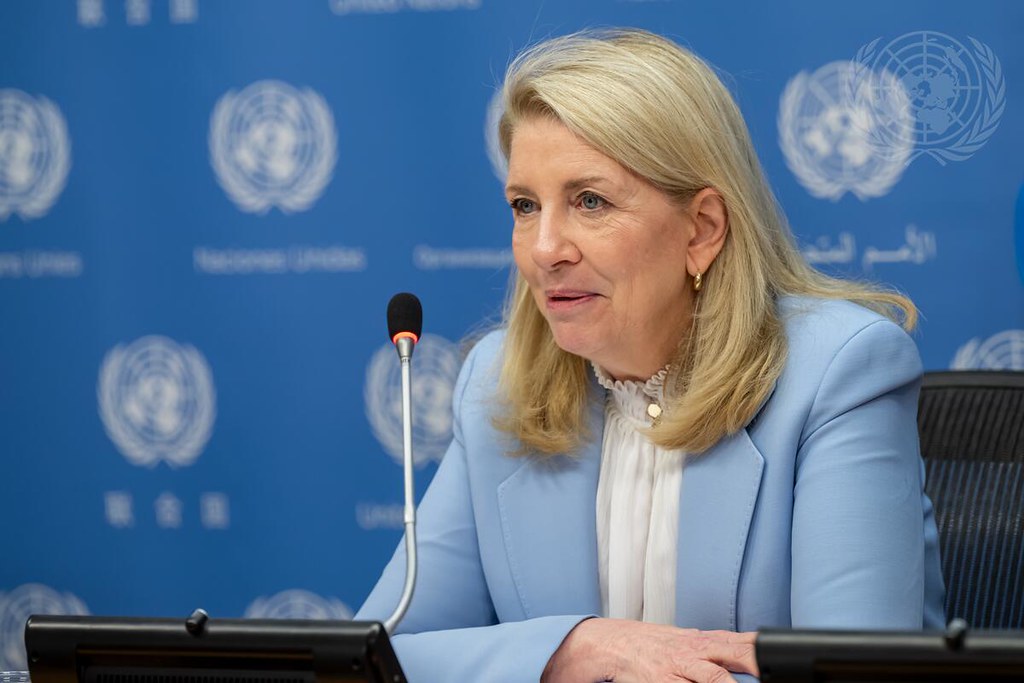More children now obese than underweight- UNICEF

UNICEF Executive Director Catherine Russell stated that obesity is now a key aspect of malnutrition and requires urgent attention.
For the first time in history, more school-age children and adolescents worldwide are living with obesity than are underweight, according to a new landmark report from UNICEF.
The findings signal a dramatic reversal in global malnutrition trends, with the agency warning that an international public health crisis is now being driven by cheap, aggressively marketed, ultra-processed foods.
The report, titled "Feeding Profit: How Food Environments are Failing Children," paints a stark picture of a world where the nutritional landscape has been fundamentally altered.
It reveals that 9.4% of children aged 5 to 19 are now considered obese, a figure that surpasses the 9.2% who are underweight. This is a monumental shift from the year 2000, when nearly 13% of children were underweight compared to just 3% who were obese.
The report holds the ultra-processed food and beverage industry largely responsible for this surge.
It found that ultra-processed foods (UPFs), which are often high in sugar, fat, and salt, are widely available, inexpensive, and aggressively marketed in places where children live, learn, and play—including schools.
The report cites a study in Tanzania and Zimbabwe that shows how public-private partnerships have enabled UPF companies to distribute their products in schools, fostering brand loyalty among young learners.
While the problem has long been prevalent in high-income nations, the steepest rise in childhood obesity rates is now being seen in low- and middle-income countries.
This is attributed to the rapid expansion of modern retail outlets, online grocery stores, and food delivery apps that make these unhealthy products more accessible and cheaper than traditional, nutritious foods.
UNICEF is urging governments to take immediate action to protect children's diets.
The health consequences of this trend are dire.
Childhood obesity significantly increases the risk of developing a range of serious, chronic diseases later in life, including Type 2 diabetes, cardiovascular diseases, and certain cancers.
The report also warns of the immense economic burden, with the global cost of overweight and obesity projected to exceed $4 trillion annually by 2035.
UNICEF Executive Director Catherine Russell stated that obesity is now a key aspect of malnutrition and requires urgent attention.
The report serves as a wake-up call, emphasising that the world's progress in combating undernutrition is now being overshadowed by a new and equally devastating crisis that threatens the health and future of a generation.
